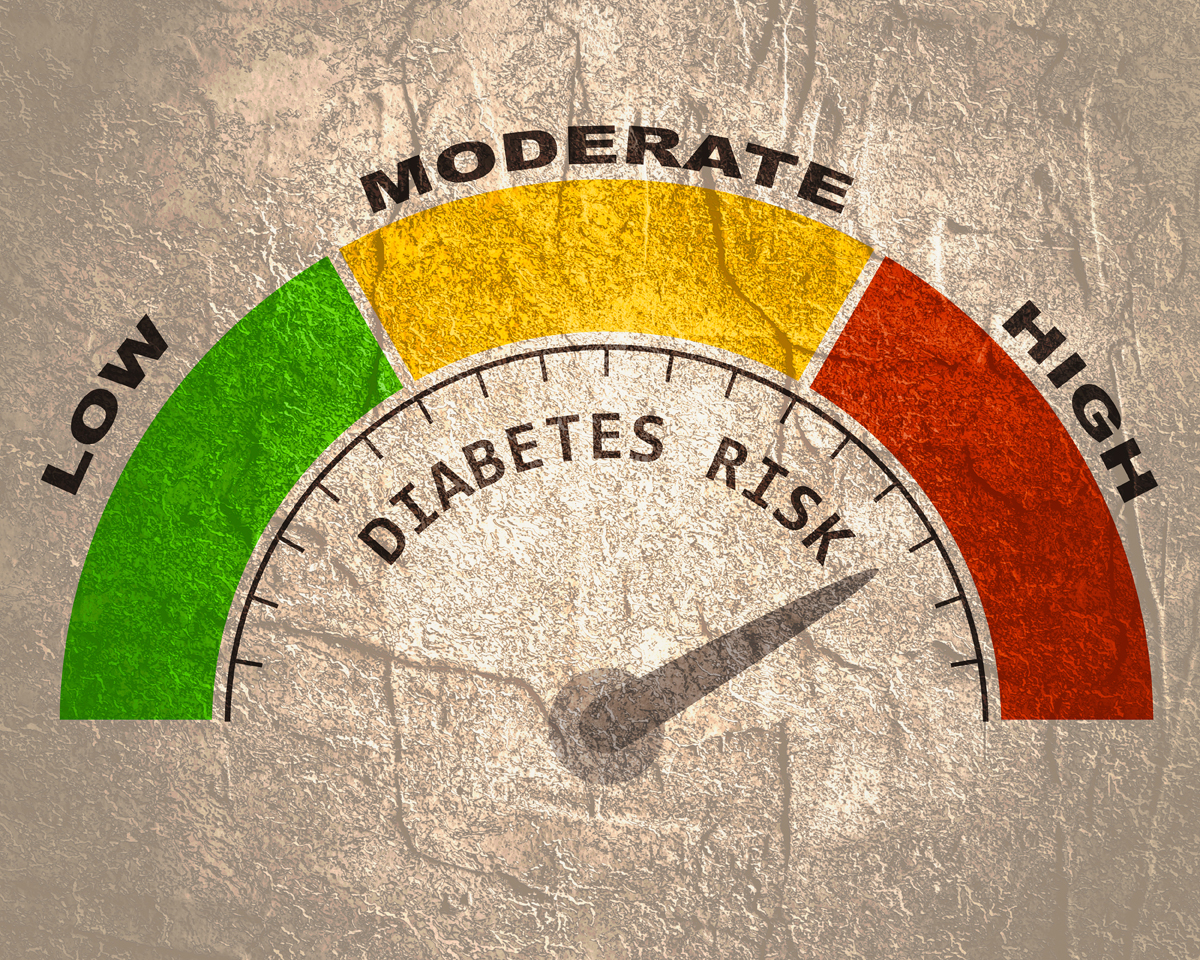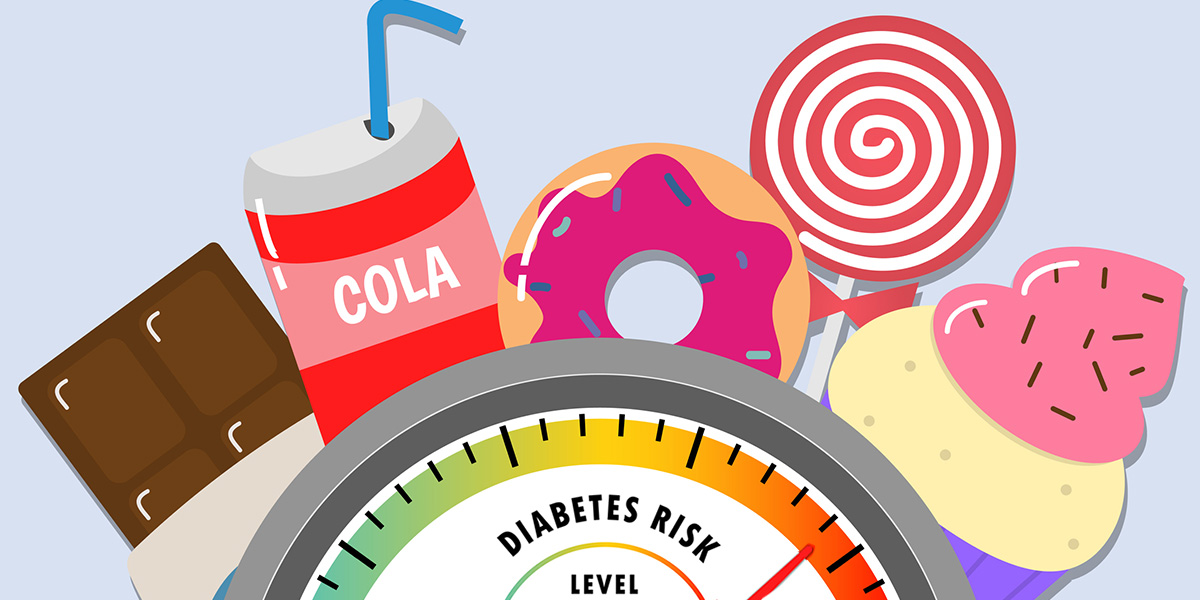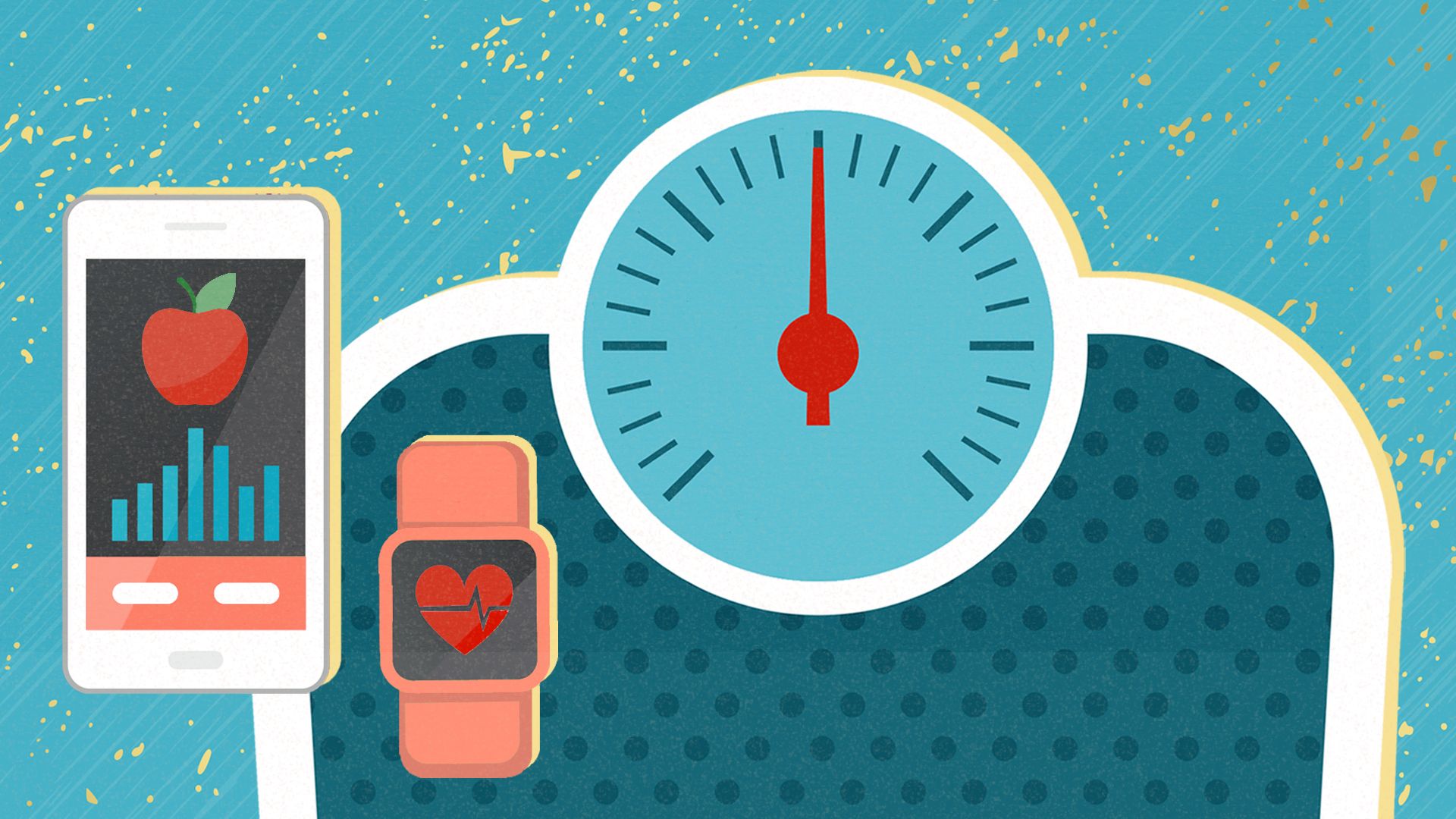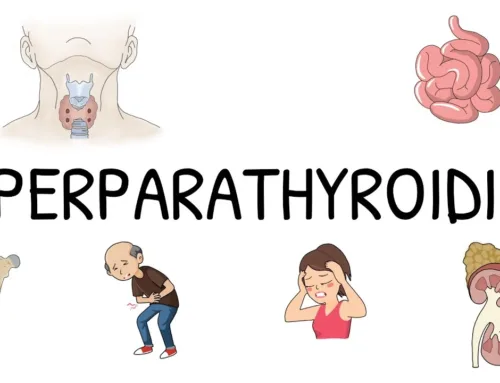
Source: Apollo Sugar Clinics
Can you really avoid the risk of diabetes? The truth is that you can. You do not have to suffer from type 2 diabetes which is the most common form of it. Knowing how you can prevent this disease is important when you are serious about living a long time and feeling your best.
Type 2 Diabetes has many symptoms, varying from person to person. If you have Type2 Diabetes or symptoms, most likely, you will have fatigue and trouble with sugar control. Before we talk about prevention, let us understand who is at risk.
What Is Diabetes?
Diabetes is a disease that affects the way your body uses food for energy. Insulin, a hormone produced by the pancreas, helps your body convert sugar (glucose) from food into energy. But people with diabetes do not always produce enough insulin or can not use it properly for a variety of reasons.
Diabetes is a serious, lifelong disease. It can cause heart disease, stroke, blindness, kidney failure, and foot problems.

Source: The Indian Express
In diabetes, the body’s blood glucose (blood sugar) levels are too high or too low. Glucose comes from the foods we eat and is a source of energy for our bodies. Carbohydrates are broken down into glucose during digestion. Our bodies use glucose for energy to do everything from breathing to running to thinking.
Blood glucose levels may rise if you have diabetes because your body cannot use blood glucose properly or make enough insulin to transport it into cells where it can be used as energy. This causes an increased risk for serious health problems over time.
Who Is At Risk Of Getting Diabetes?
1/3 of the world’s population has diabetes or pre-diabetes. It is a serious disease and has no cure. Diabetes affects people of all ages, but it is most common in middle-aged and older adults.

Source: Laurel Health Centers
Risk factors for developing diabetes include:
Genetics
Type 1 diabetes usually begins in childhood, although it can develop later in life. The condition appears to be hereditary, although other factors are also involved. Genetics plays an important role in developing type 1 diabetes.
People Who Are Overweight, Especially Around The Middle
Being overweight or obese increases your risk of developing type 2 diabetes. Being overweight increases insulin resistance — the body’s inability to use insulin properly — which may lead to type 2 diabetes. Overweight people are more likely to develop type 2 diabetes than are people with a healthy weight range (BMI 18.5–24).
People With High Blood Pressure
High blood pressure (hypertension) increases your risk for type 2 diabetes by damaging your blood vessels. This can reduce their ability to deliver oxygen and nutrients to your body’s tissues, including your muscles, which may lead to fatigue, weakness, and weight loss. High blood pressure can be due to genetics or lifestyle choices, such as diet and exercise habits.
People Who Do Not Exercise Regularly
You should aim for 150 minutes of moderate exercise each week. You can do this by walking 30 minutes each day (or 10 minutes three times per day), swimming, biking, or dancing. Talk with your doctor before beginning an exercise program if you haven’t done much in the past year.
People With High Cholesterol
People with high cholesterol (hypercholesterolemia) are at higher risk for developing type 2 diabetes than people with normal cholesterol levels because high cholesterol can increase insulin resistance, making it harder for your body to use insulin effectively.

Source: House Of Diagnostics
People With A Family History Of Diabetes
People with a family history of diabetes are at an increased risk of developing Type 2 Diabetes. If you have a parent or sibling who has Type 2 Diabetes, there’s a 25 percent chance you will develop the condition yourself. If both parents have Type 2 Diabetes, there’s a 50 percent chance you will develop it yourself.
Race And Ethnicity
African Americans are more likely than other races/ethnicities to develop type 2 diabetes because they tend to have higher rates of obesity and lack access to health care services that could help prevent or manage their condition. A family history of type 2 diabetes also increases an African American child’s risk of developing type 2 diabetes later in life — even if they are thin now!
People Who Smoke Or Drink Alcohol
Smoking and drinking alcohol are known risk factors for type 2 diabetes. The more you smoke, the greater your risk of developing type 2 diabetes, especially if you’re over 40 years old. Drinking too much alcohol also increases your risk of developing type 2 diabetes, particularly beer and wine.
Older People
The risk of developing type 2 diabetes rises with age, especially after age 45. As your body ages, it becomes less sensitive to insulin, and this leads to higher blood glucose levels.
Women Who Had Gestational Diabetes
Women who had gestational diabetes during pregnancy are also at greater risk for developing type 2 diabetes later in life. Gestational diabetes occurs when there’s too much glucose (sugar) in the mother’s bloodstream during pregnancy because her body isn’t using insulin properly during pregnancy.
Some Medications Can Put You At Risk For Diabetes
Steroids like prednisone, certain antibiotics such as metformin (Glucophage), chloroquine (Aralen), quinine (Qualaquin), tetracyclines like doxycycline, penicillin, and cephalosporins can all increase your chances of developing type 2 diabetes.
How To Avoid The Risk Of Diabetes?

Source: Harvard T.H. Chan
Diabetes is a very common disease, but the good news is that it can be prevented and controlled. You can stay healthy and avoid the risk of diabetes if you follow the following tips:
Avoid Too Much Sugar
The first step in avoiding diabetes is to reduce your intake of sugar. Sugar can cause weight gain, which increases insulin resistance and leads to diabetes. Sugar comes in many different forms: fruit juices, sodas, cakes, and pastries are just some examples.
Follow A Healthy Balanced Diet
The second step to avoid the risk of diabetes is following a balanced diet rich in fruit and vegetables (at least five servings per day), low in fat, and with moderate amounts of carbohydrates (45-65% of total calories consumed). It’s also important to avoid any food that contains trans-fats or saturated fats, such as fried foods or fatty meats like pork loin chops or beef steaks.
Exercise Regularly
This is one of the best ways to keep your blood sugar levels healthy. Exercise helps to boost your metabolism and burn off excess fat cells that may be contributing to high blood sugar levels. It also helps strengthen your heart and muscles so they’re better able to handle stressors on the body — like performing tasks when you’re tired or stressed out — which can cause spikes in blood sugar levels in some people.

Source: Everyday Health
Quit Smoking
Smoking is one of the biggest risk factors for type 2 diabetes because it causes damage to blood vessels and increases insulin resistance — which means your body needs more insulin to process glucose than usual. This increases your chances of developing type 2 diabetes or becoming more resistant to insulin treatment if you already have it. That’s why quitting smoking is an important step toward preventing diabetes.
Avoid Alcohol
Drinking too much alcohol increases your risk of developing type 2 diabetes because it can interfere with your body’s ability to break down glucose and use it for energy. It also increases your risk of becoming overweight or obese, which itself increases the risk of developing type 2 diabetes. You should not drink alcohol if you have been diagnosed with type 2 diabetes or have high blood pressure, as this will increase the risks associated with these conditions. If you drink alcohol, limit yourself to no more than one drink per day for women and two drinks per day for men (one pint of beer or cider; one glass of wine; or one measure of spirits).
Monitor Your Weight
Keeping your weight under control may help prevent type 2 diabetes. If you are overweight, losing even 5 percent of your body weight can reduce the risk of developing type 2 diabetes by nearly 50 percent. Even if you’ve already been diagnosed with type 3 diabetes, losing 5 percent or more of your body weight will help lower blood sugar levels and improve insulin sensitivity.

Source: Everyday Health
Watch Your Blood Pressure
Keeping your blood pressure under control helps prevent heart disease and stroke. High blood pressure (hypertension) is one of the major risk factors for developing Type 2 diabetes. If you already have high blood pressure, this can also increase your risk of developing Type 2 diabetes. The increased pressure can damage your blood vessels and affect how they work, leading to other problems like stroke and heart attack. So it’s important to keep track of your blood pressure levels by measuring them at home with a device called a sphygmomanometer or at your doctor’s office every year or two.
Keep A Check On Your Blood Glucose
Your doctor may recommend that you test your blood glucose levels regularly if you’re overweight or have another condition known to increase the risk of developing Type 2 diabetes, such as high cholesterol levels, high triglycerides, or low HDL (“good”) cholesterol levels.
Avoid Weight Gain During Pregnancy And After Menopause
If you gain too much weight during pregnancy, your child will be at risk of developing diabetes later in life. If you gain more than the recommended amount during pregnancy, your child’s chance of developing adult-onset diabetes increases by up to 80 percent. Similarly, gaining weight after menopause increases your risk of developing diabetes. If you gain more than 10 pounds after menopause, your chances of developing diabetes increase by 50 percent.

Source: Cleveland Clinic’s Health Essentials
Control Your Cholesterol Levels
Cholesterol is a fat-like substance that is carried in the bloodstream by molecules called lipoproteins. The two main types of lipoproteins are low-density lipoprotein (LDL) cholesterol and high-density lipoprotein (HDL) cholesterol. LDL cholesterol is known as “bad” cholesterol because it builds up on artery walls and can lead to heart disease and stroke. HDL cholesterol is known as “good” cholesterol because it helps remove LDL cholesterol from artery walls and transport it back to the liver for disposal through the bile ducts or intestines.
Drink Plenty Of Water Daily
About 8 glasses per day are recommended for adults. Water keeps the body hydrated and flushes out toxins from your system that might cause damage to your health in the long run if not flushed out regularly by drinking enough water daily while avoiding sugary drinks like sodas etc., which can cause more harm than good!
Avoid Stress
Avoid stress as much as possible because stress can lead to increased blood sugar levels due to increased cortisol production (a hormone secreted by your adrenal glands during times of stress), which causes an increase in blood sugar levels due to insulin resistance (insulin resistance occurs when cells no longer respond properly to
What Complications Are Caused Due To Diabetes?

Source: PharmEasy
If you have diabeteshttps://houstonendocrinecenter.com/services/diabetes-education/, even if it’s well managed, your risk of problems related to the disease is much higher than for people who don’t have diabetes. Complications may include:
Heart Disease And Stroke
These are the leading causes of death among people with diabetes. They’re responsible for more than half of all deaths in people with diabetes. Heart disease occurs when fatty deposits build up in artery walls and narrow blood vessels (atherosclerosis). This makes it harder for blood to flow through the body. If a clot forms out of this narrowed artery, it can block blood flow to the heart or brain and cause a heart attack or stroke.
Kidney Damage
Diabetes can damage the kidneys over time, causing them to lose their ability to filter toxins and waste products from the blood. This leads to high levels of waste products in your urine (proteinuria) and eventual kidney failure if treatment doesn’t begin soon enough.
Eye Damage That Leads To Blindness
Diabetes can affect vision by damaging the small blood vessels that supply oxygen and nutrients to retina cells located at the back of your eye (diabetic retinopathy). This can lead to abnormal changes in vision such as blurriness or blind spots in one or both eyes — often without any warning signs.
Conclusion & Takeaway
You’ve heard the stats—that more than 29 million American adults have diabetes, that type 2 diabetes is on the rise among every age group, and that four out of ten people over the age of fifty have pre-diabetes. If you are one of them, you know the consequences can be devastating: kidney disease, loss of vision and circulation problems, heart attacks, and an increased risk of death. But those statistics should not prevent you from doing everything possible to avoid the risk of diabetes.
Alternatively, you can sidestep the chance of diabetes by taking charge now. By making some minor adjustments to your diet and lifestyle, you will be able to reduce excess weight and lower your blood glucose levels during the crucial ‘in-between’ period of 11-55 years of age.
Thanks for reading this blog. I hope you learned a thing or two. If you want to learn more about diabetes, I suggest you visit our website Houston Endocrine Center as we have so much information available for your guidance.




Leave A Comment